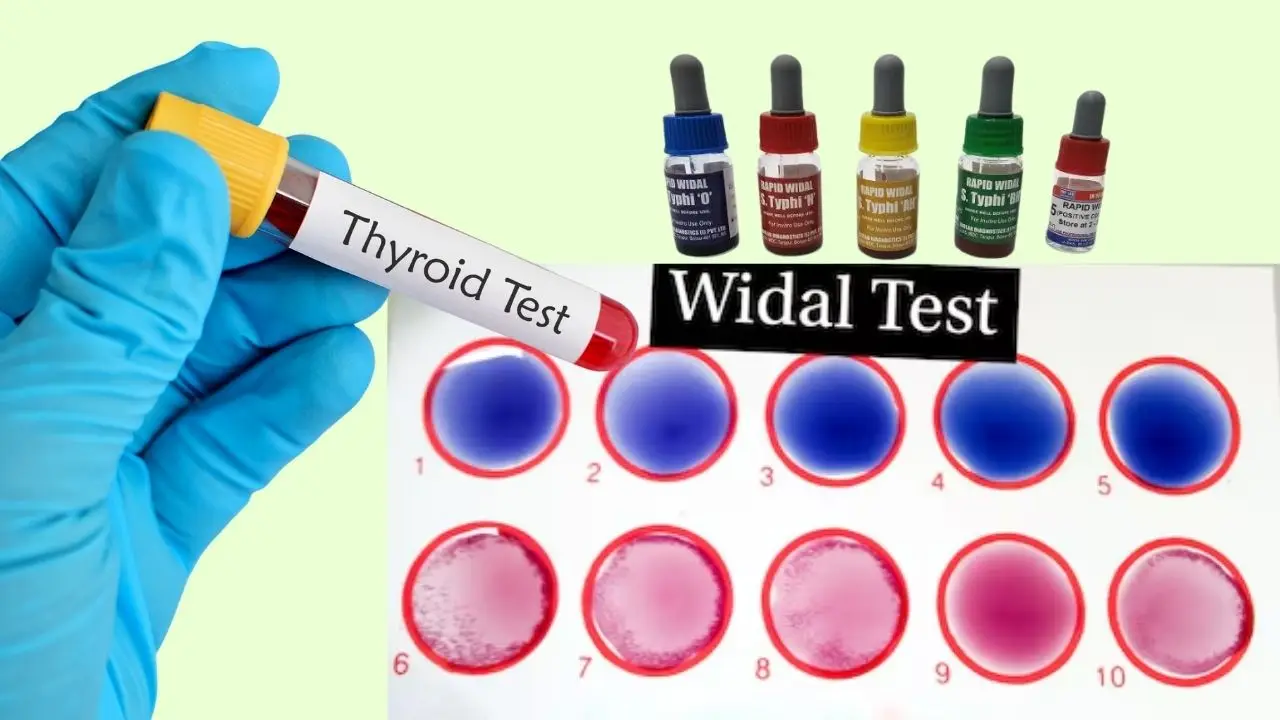Phenylalanine Deaminase Test
Introduction
The Phenylalanine Deaminase (PDA) Test is an important biochemical test in microbiology used to detect the ability of bacteria to produce the enzyme phenylalanine deaminase.
This enzyme removes the amino group (-NH₂) from phenylalanine, producing phenylpyruvic acid.
The presence of phenylpyruvic acid can be detected by adding ferric chloride, which produces a green-colored complex.
This test is particularly useful for differentiating Proteus, Morganella, and Providencia (PDA positive) from other members of the Enterobacteriaceae family.
Principle
Phenylalanine agar contains phenylalanine as substrate.
If the organism produces phenylalanine deaminase → phenylalanine → phenylpyruvic acid + ammonia.
When 10% ferric chloride is added, phenylpyruvic acid reacts to form a green color (positive result).
No color change → negative test.
Procedure
Inoculate the test organism onto the surface of a phenylalanine agar slant.
Incubate at 35–37°C for 18–24 hours.
Add 4–5 drops of 10% ferric chloride solution to the slant.
Observe for color change within 5 minutes.
Interpretation
| Result | Observation | Interpretation |
|---|---|---|
| Positive | Green color develops | Phenylalanine deaminase present |
| Negative | No color change (yellow) | Enzyme absent |
Examples of Bacteria
✅ PDA Positive
Proteus mirabilis
Proteus vulgaris
Morganella morganii
Providencia rettgeri
❌ PDA Negative
Escherichia coli
Klebsiella pneumoniae
Salmonella spp.
Shigella spp.
Uses
Differentiates Proteus, Morganella, Providencia (PDA positive) from other Enterobacteriaceae.
Helps in clinical microbiology for rapid identification of urinary pathogens (Proteus).
Used in teaching biochemical characterization of bacteria in MBBS microbiology.
Conclusion
The PDA Test is a key biochemical test for identifying bacteria that deaminate phenylalanine. It is particularly important for differentiating Proteus, Morganella, and Providencia species from other enteric bacteria, making it valuable in both clinical and academic microbiology.
Related Posts

Vitamin And Minerals For Thyroid
Introduction The thyroid gland plays an important role in controlling…
